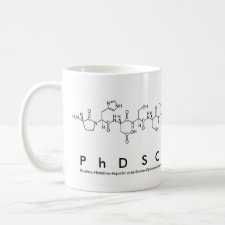
Authors: Fu KY, Zhang HW, Guo YY, Li J, Nie HR, Song XL, Xu K, Wang J, Zhao C
Article Title: Rapid and selective recognition of Vibrio parahaemolyticus assisted by perfluorinated alkoxysilane modified molecularly imprinted polymer film.
Publication date: 2020
Journal: RSC Advances
Volume: 10
Issue: (24)
Page numbers: 14305-14312.
DOI: 10.1039/D0RA00306A
Abstract: Molecular imprinting technology offers a means of tailor-made materials with high affinity and selectivity for certain analysts. However, the recognition and separation of specific bacteria in complex matrices are still challenging. Herein, a bacteria-imprinted polydimethylsiloxane (PDMS) film was facilely prepared and modified with 1H,1H,2H,2H-perfluorooctyltriethoxysilane (POTS). Employing Vibrio parahaemolyticus as a model bacterium, the imprinted surface exhibited three-dimensionality cavities with mean size of 1000 x 800 nm in square and 100 nm in depth. After incubation for 2 h with 6 × 10^7 CFU mL-1 of V. parahaemolyticus, the imprinted polymer film can reach a 62.9% capture efficiency. Furthermore, the imprinted POTS-modified PDMS film based solid phase extraction combined with polymerase chain reaction and agarose gel electrophoresis allows for detecting 10^4 CFU mL-1 with excellent selectivity in fresh oyster samples. As a result, the developed selective sample pretreatment method using molecular imprinting technology provides a promising platform for separation, identification, and analysis of pathogens
Template and target information: bacteria, Vibrio parahaemolyticus, V. parahaemolyticus



Join the Society for Molecular Imprinting

New items RSS feed
Sign-up for e-mail updates:
Choose between receiving an occasional newsletter or more frequent e-mail alerts.
Click here to go to the sign-up page.
Is your name elemental or peptidic? Enter your name and find out by clicking either of the buttons below!
Other products you may like:
 MIPdatabase
MIPdatabase









